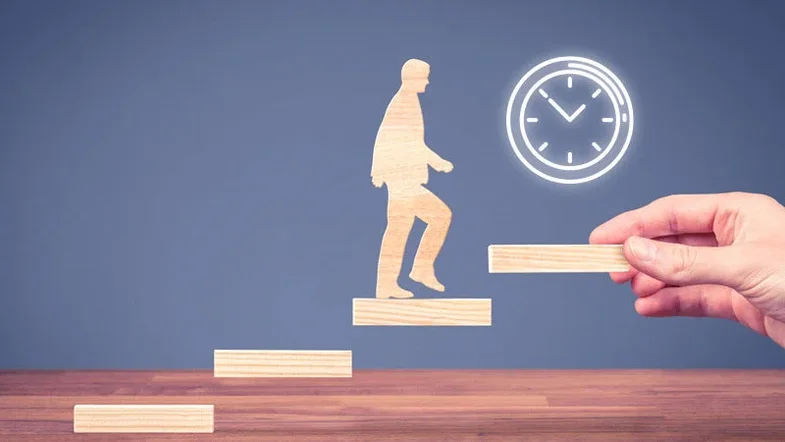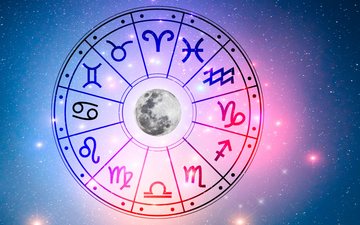
When trying to become experts in a certain field, it is often said that we need 10,000 hours of practice. This practice must be intense and difficult, aiming at our development, to turn a weakness into a skill. The brain can only handle 4-5 hours of this practice every day, which means it takes 10 years to become an expert in a certain area. A relatively long time, right?
But this way is only good if you want to become a concert violinist, a writer or a chess master. For many of us, the prospect of devoting 10,000 hours to a single thing is intimidating, if not impossible. A large part do not have time to spend a decade on a single thing. Many occupations today require a wide range of skills, making it unnecessary to devote 10,000 hours to a single skill.
In many fields, we don't need to achieve elite status; we need dedication and knowledge. And to achieve this we need much less than 10,000 hours. This is the logic behind the new rule that has been developing recently: the "100 hours" rule.
For most disciplines, it only takes 100 hours of active learning to become better than a beginner. The 10,000 hour rule is based on achieving the best; it takes a great deal of practice (and possibly innate talent) to make it to the top 1% in a given field. But it only takes 100 hours to go from not knowing to knowing more than 95% of the population—enough to make a significant difference. Gaining knowledge in a field still requires deep work and practice, but it only takes 1% of the hours it takes to become an expert.
We are helping you a little with the math. If you work 1 hour a day, you can learn a new skill in 3 months. If you work 5 hours a day, it will only take you 3 weeks. If you dedicate your weekends to learning a new field, it will take you 10 weeks.
It won't be easy, but it is possible.
What are you waiting for? Take that guitar that has been sitting in the corner of the house for years and give it a little of your time every day. Of course, this also applies to learning a new language.
Suggested articles:





